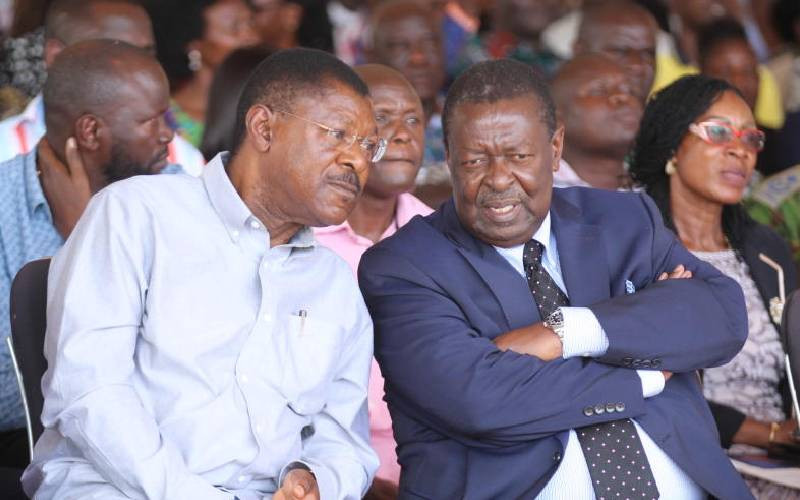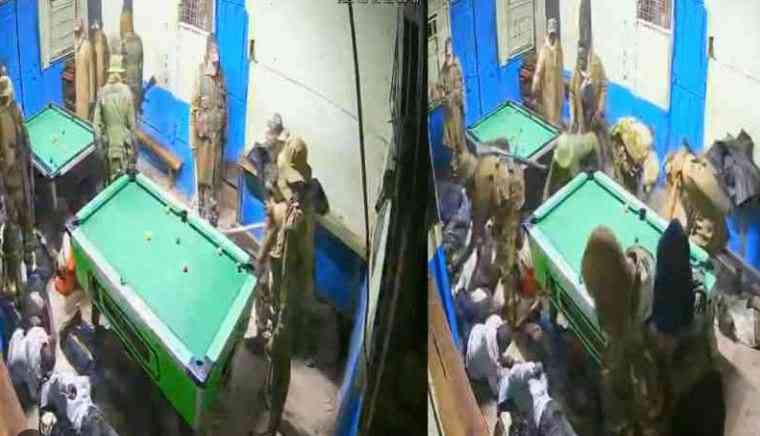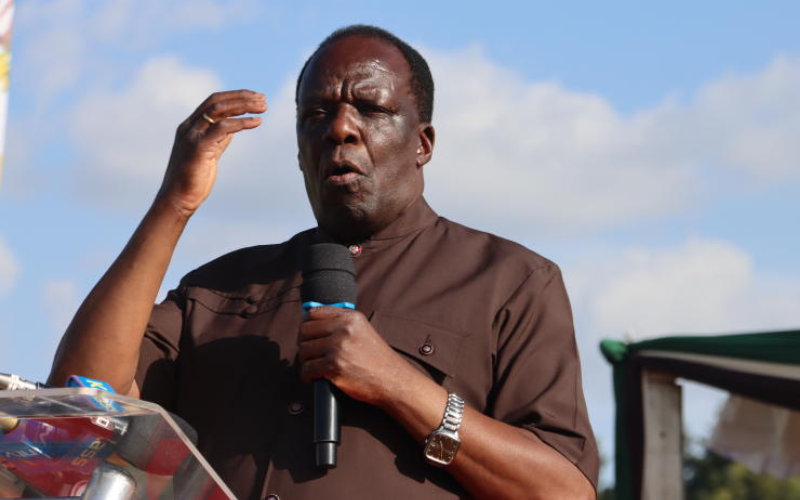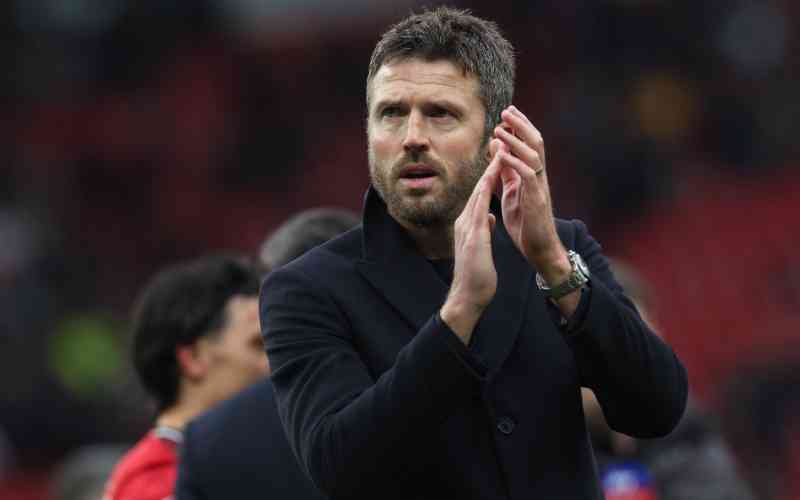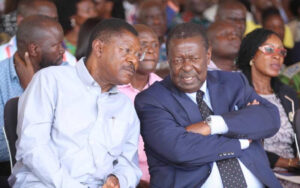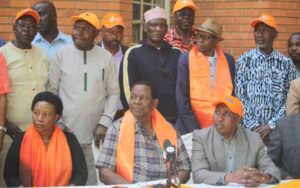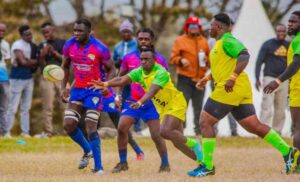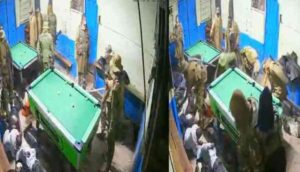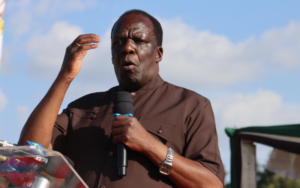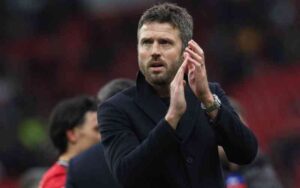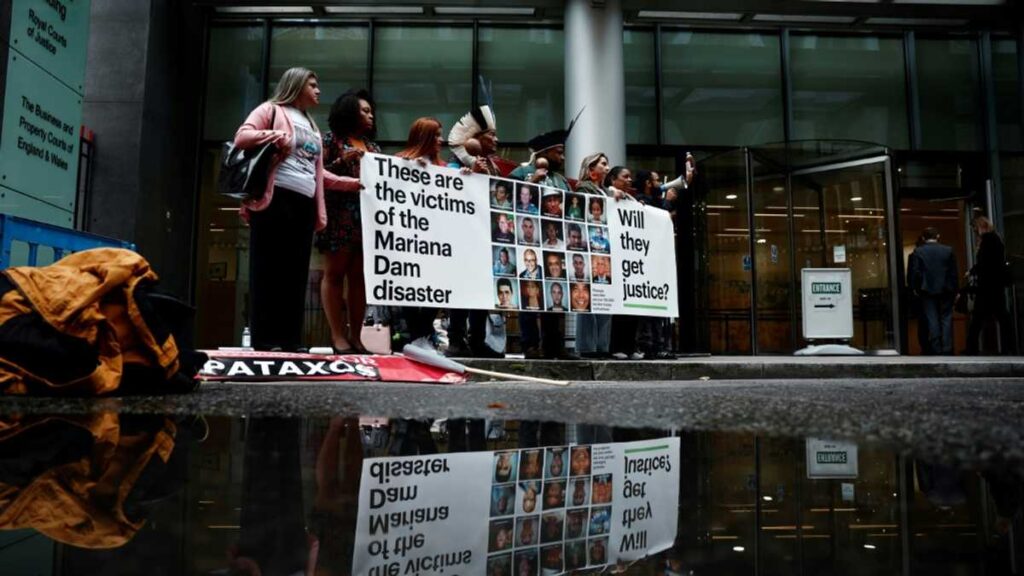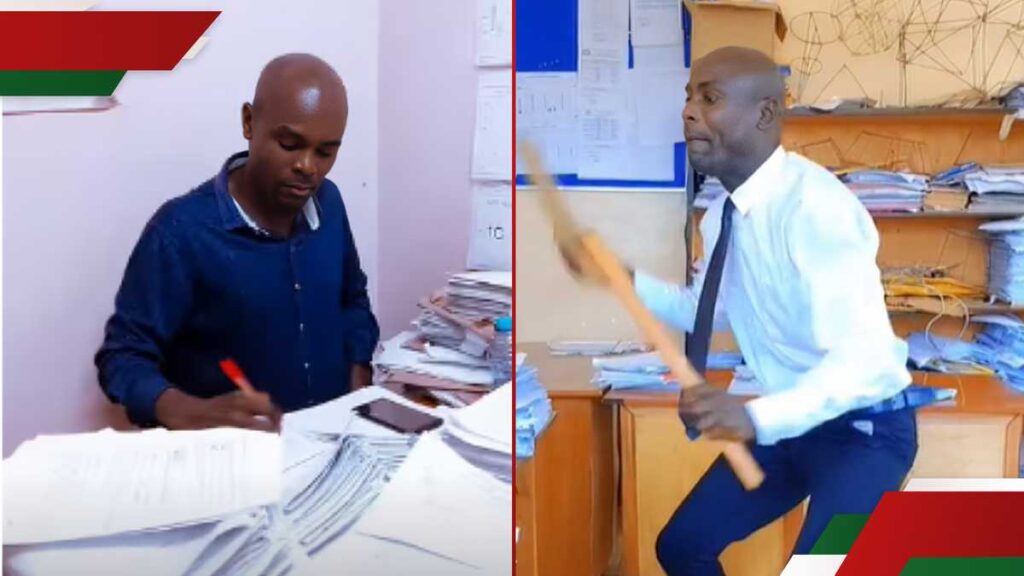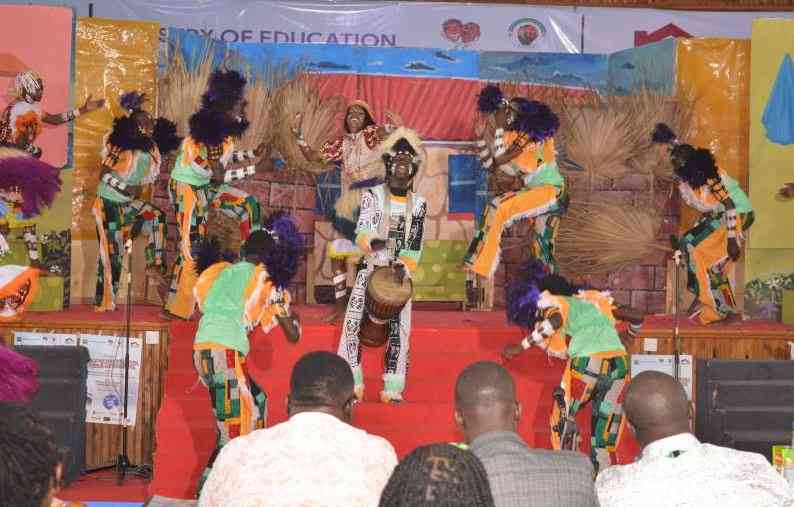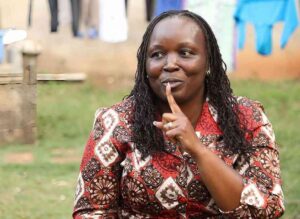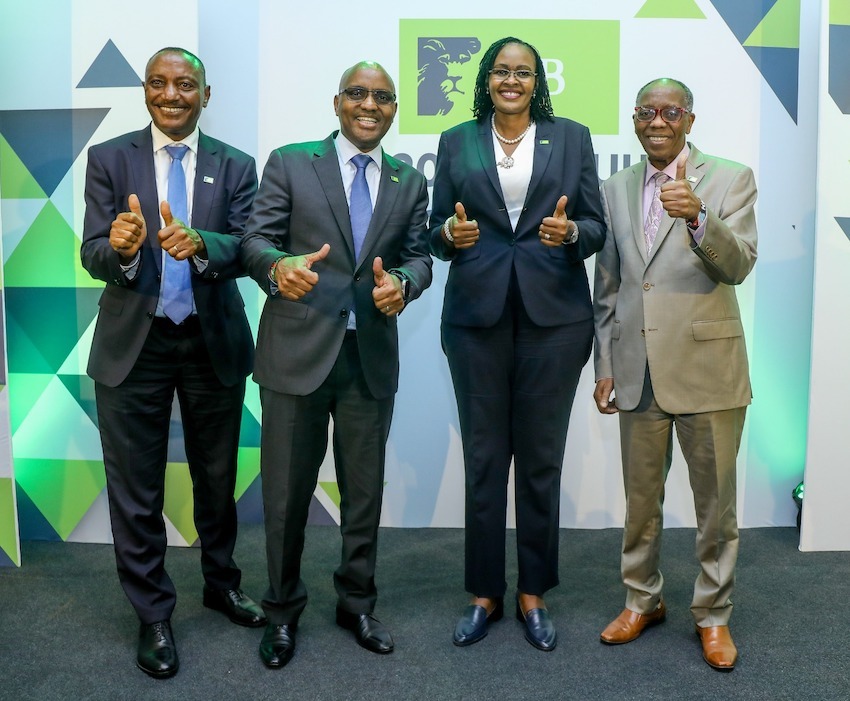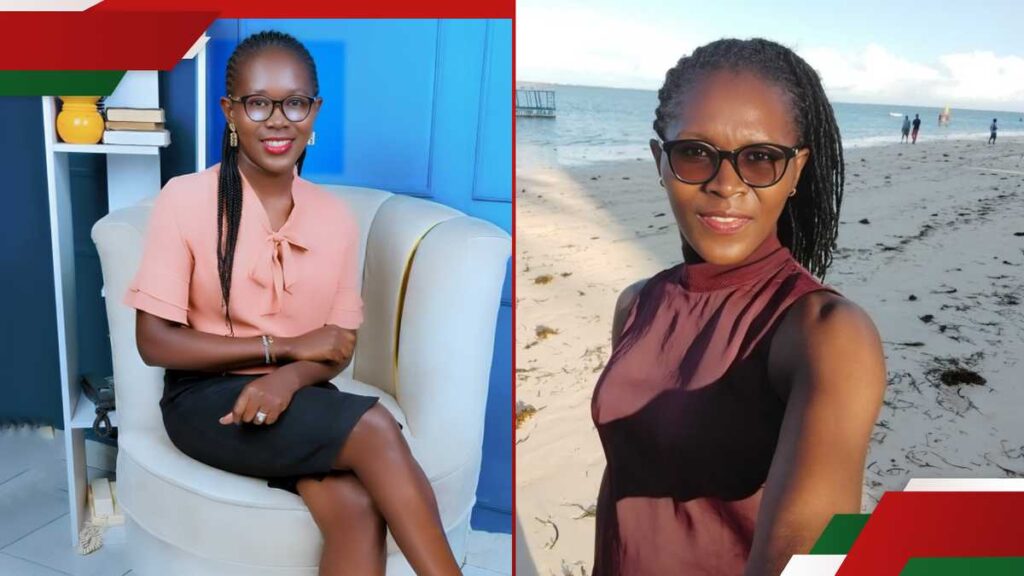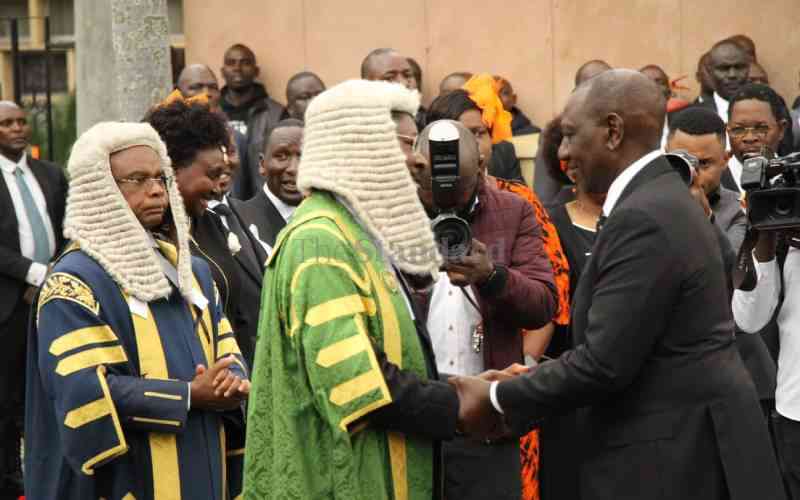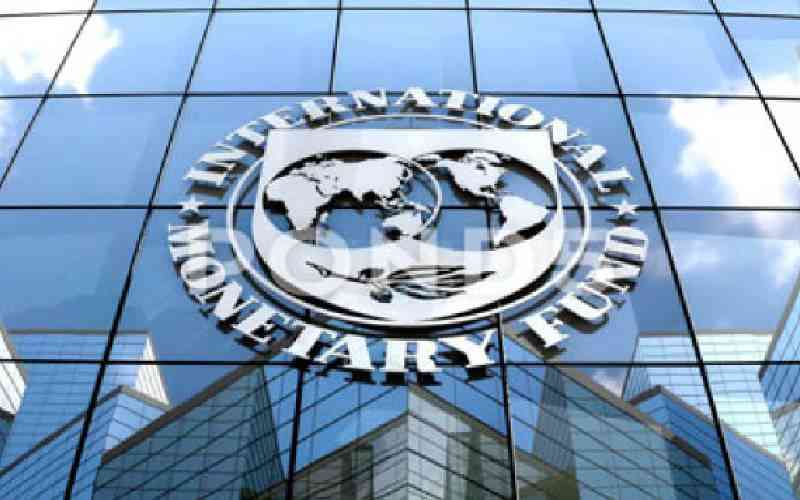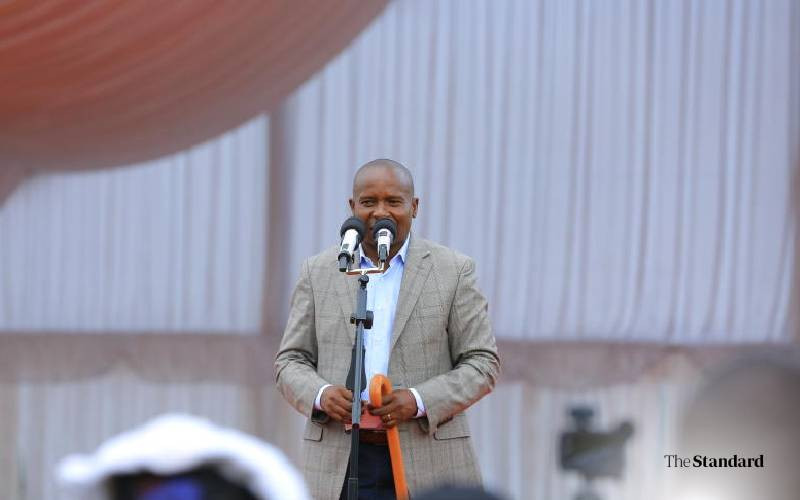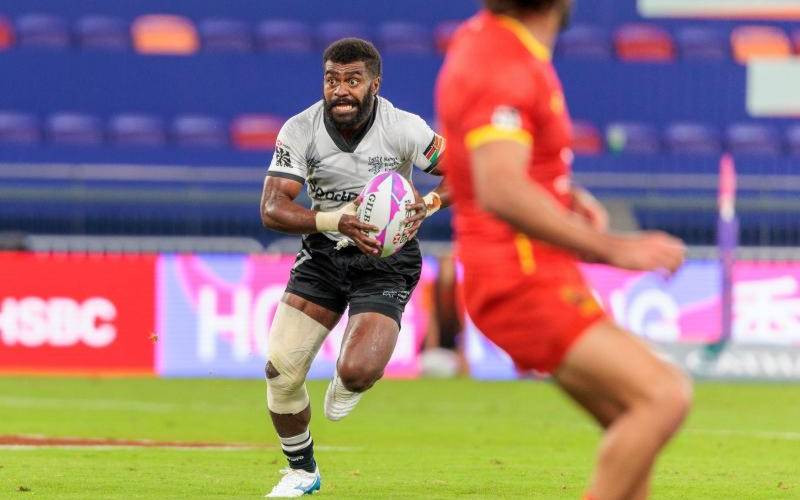President William Ruto has defended a controversial shoot-the-leg directive he gave anti-riot police officers at the height of June protests against his administration.
Speaking during an interview with Al Jazeera, the President insisted that the order was aimed at preserving law and order, adding that the moment presented a tough choice between dealing with violent criminals and managing the protests.
“I don’t regret those comments at all,” said President Ruto.
“There were many aspects to that protest. Some people were there to express their opinions genuinely, but there were also criminal elements who came to burn down buildings, destroy property, and steal from all manner of places,” he added.
The government came under sharp criticism for its handling of the popular uprising, which included excessive use of force by armed police officers.
Despite the order, President Ruto maintained that the uniformed officers don’t take orders from him, given the service’s independence, and insisted that each officer was duty-bound to make decisions based on their assessment of the situation.
“The law allows the police to use force when other people’s lives are in danger. When I came into office, I ensured that the police were independent. There is nowhere in the law that allows me to order the police,” he said.
According to the president, police brutality was a result of some ‘rogue elements’ in the police service, insisting that culprits, including those who killed teacher Albert Ojwang while in custody, have been charged.
The wide-ranging interview also covered the Kenya Kwanza administration’s diplomatic moves, some of which have been seen as blunders.
On the recently concluded but contested Tanzania elections, President Ruto doubted the possibility of a 96 percent victory in a democratic election but declined to comment directly on the outcome of the polls.
“It is not for me to judge Tanzania,” he said, adding, “In a democracy, for example, Kenya, you can never get 96 per cent. Every country has a way of doing its stuff.”
Further, the President denied claims that Kenya was supplying arms to Sudan’s Rapid Support Forces (RSF), an allegation held by the Sudan Allied Forces (SAF), and accused both sides of having been ‘cut from the same cloth’.
“These two generals have no solution for Sudan because both believe in solving a governance, not security, problem using military means,” he stated.
At the same time, he reported that good progress was made in the Democratic Republic of Congo peace talks despite persistent hostilities between the government of President Felix Tshisekedi and M23 rebels and a section of opposition leaders, including ex-president Joseph Kabila.
Stay informed. Subscribe to our newsletter


